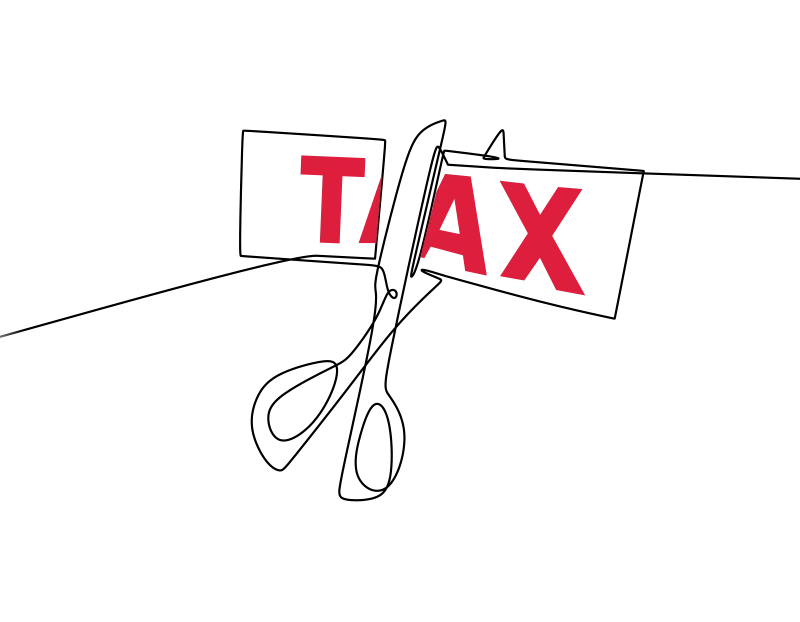The law which creates SSE can be found in the Taxation of Capital Gains Act 1992 Schedule 7AC.
The main exemption
(1) A gain accruing to a company (“the investing company”) on a disposal of shares or an interest in shares in another company (“the company invested in”) is not a chargeable gain if the requirements of this Schedule are met.
(2) The requirements are set out in—
Part 2 (the substantial shareholding requirement), and
Part 3 (requirements to be met in relation to the investing company and the company invested in).
(3) The exemption conferred by this paragraph does not apply in the circumstances specified in paragraph 5 or the cases specified in paragraph 6.]1
The Substantial Shareholding Requirement basically means that the investing company owns at least 10% of the shares in the investee company and has 10% of the voting rights, a right to 10% of the profits distributed, and the rights to 10% assets on winding up. For the purpose of the 10% test all shares owned within a corporate group can be included.
The shares have to have been held for at least 12 months in the two year period ending on the date of disposal.
The requirements to be met in relation to the investing company are, broadly speaking, that it is a trading company or a member of a trading group and continues to be so immediately after the disposal is made.
The requirements to be met in relation to the company invested in are basically the same, except that being a member of a trading group is not sufficient, it must be either a trading company or the holding company of a trading group or subgroup.
In most cases whether or not a company or group is “trading” will be self- evident but care needs to be taken if there are any non-trading activities such as property investments/ rental income or substantial cash reserves.
There is no definition in tax law of a “trading company” except to say that it is a company whose activities do not consist to a substantial extent of non-trading activities. This is clearly a rather circular argument and does mean that recourse to case law is necessary where there is any reason to doubt trading status.
(3) above refers to some anti-avoidance provisions which stop the exemption applying if it is used artificially to avoid tax. They are unlikely to apply in any genuine commercial situation.
There are also some secondary provisions which allow companies which have ceased to meet the trading criteria because they have gone into liquidation to still benefit from the exemption.
The rules are very prescriptive and it is necessary to work through an individual case carefully to ensure the necessary criteria are going to be met.







